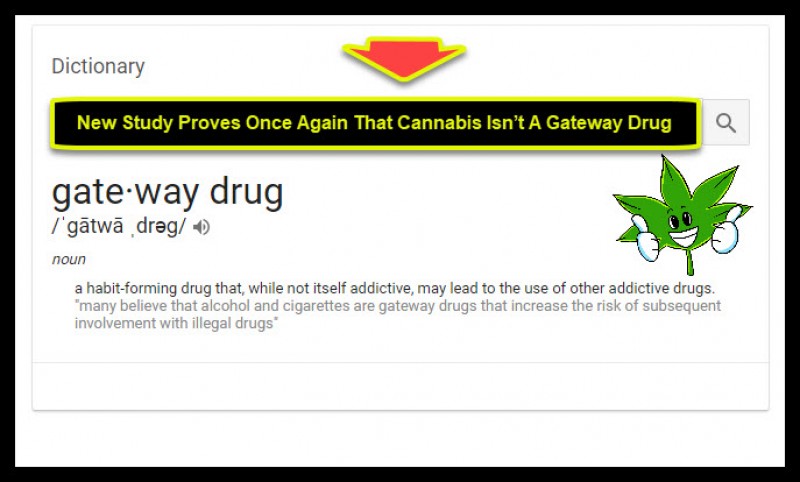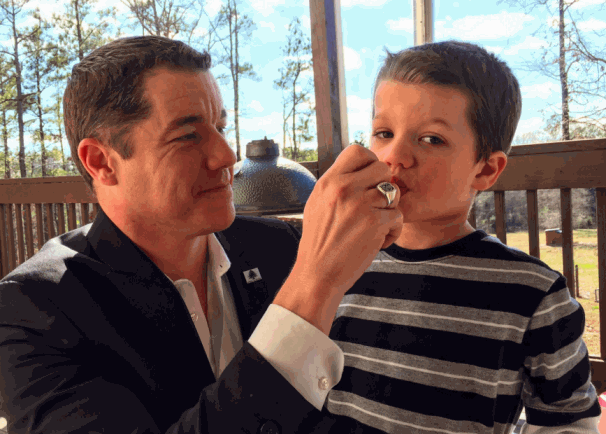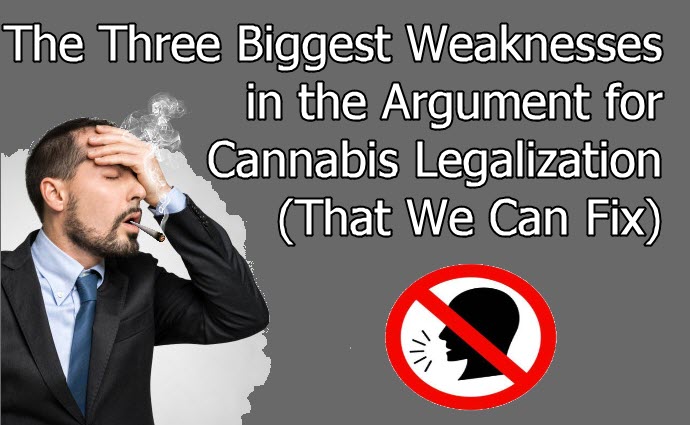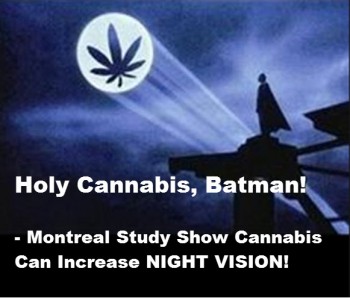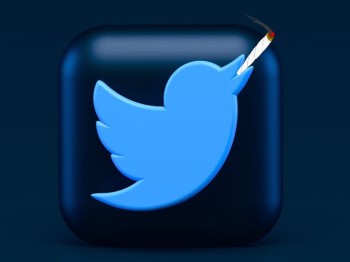New Study Proves Once Again That Cannabis Isn’t A Gateway Drug
New Study Proves Once Again That Marijuana isn’t a Gateway Drug from CannabisNet on Vimeo.
The truth rears its beautiful head, once again.
A new study disproves one of the most famous myths propagated by prohibitionists of cannabis – that it’s a gateway drug, whose use leads to consuming even more drugs. The report, which was published by LiveStories, stated that the researchers found no association between cannabis consumption and subsequent use of dangerous and addictive drugs such as tobacco, alcohol, heroin, and cocaine.
To conduct the study, the researchers compiled data obtained from the Substance Abuse and Mental Health Services Administration’s National Survey on Drug Use and Health. Specifically, they looked at patterns observed among the four US states who were the first to legalize recreational cannabis: Colorado, Washington, Oregon, and Alaska. Then they analyzed the rates of cannabis consumption, and assessed if cannabis increased the risk of consuming more harmful drugs later on.
“We haven’t found any strong correlation that suggests increased marijuana use leads to increases in other substance abuse,” says Adnan Mahmud, LiveStories founder. “We weren’t looking for causation. We were looking for a correlation. And we didn’t find that was the case.”
They also found that rates of cannabis consumption increased sharply in the four states after legalization immediately after the ballot measures were passed. They also observed that in Colorado and Oregon, the rates of cannabis consumption continued to increased in 2016 while in the other two states, consumption saw a plateau after that year. But despite the increase in cannabis consumption, they didn’t detect similar patterns for a spike in consuming harmful substances such as opioids and cocaine in any of the four states.
“The hypothesis was that if marijuana is truly a gateway drug, we’d see a spike in the use of other substances in addition to a spike in marijuana use,” said Mahmud. “We should have seen spikes all over the page. But when we looked at the data, the corresponding spikes didn’t exist. And because of that, it led us to the conclusion that there isn’t a strong correlation between marijuana use and the use of other substances.”
Additionally, they found that unemployment and education rates have either improved or stayed the same since cannabis was legalized in the four states. But more importantly, the study’s findings also support older studies proving that cannabis use is helpful for solving the opioid epidemic in the United States.
Although opponents love to use the gateway drug myth to keep cannabis illegal, there is a growing body of evidence scientifically stating the opposite.
A NIDA (National Institute on Drug Abuse) report says that “the majority of people who use marijuana do not go on to use other, ‘harder’ substances,” and it also says that there are other factors at play such as biology as well as the individual’s social environment which influences their risk for abusing drugs.
What Other Studies Say
Another recent study, this time conducted by Canadian researchers earlier this year, also found supporting evidence. Researchers from British Columbia’s Centre for Substance Abuse specifically looked at the link between cannabis use and injectable drugs.
The study, conducted from 2005 to 2015, was led by Hudson Reddon, a research student. They interviewed 481 people between the ages of 14 to 26 who used illicit drugs from the street, and found that daily cannabis consumption actually equated to a 34% decrease in the hazard rate, or the rate at which a person would try injectable drugs like heroin for the first time.
“The decreased rate of injection initiation among frequent cannabis users challenges the claim of the gateway hypothesis that there is a causal link between cannabis use and initiation of subsequent so-called hard drug use,” says the study, which was published in the March 2018 issue of Drug and Alcohol Review.
A 2017 study also conducted by Canadian researchers found that cannabis use actually reduced the use of crack cocaine. They looked at 122 subjects from Vancouver and assessed their drug consumption habits over three years. “Given the substantial global burden of morbidity and mortality attributable to crack cocaine use disorders alongside a lack of effective pharmacotherapies,” they wrote. “We echo calls for rigorous experimental research on cannabinoids as a potential treatment for crack cocaine use disorders.”
New Study Proves Once Again That Marijuana isn’t a Gateway Drug from CannabisNet on Vimeo.
OTHER STORIES YOU MAY ENJOY...
WHY CANNABIS IS NOT A GATEWAY DRUG, READ HERE, CLICK IT.
OR..
MARIJUANA IS NOT A GATEWAY DRUG, EXCEPT IN THIS ONE WAY, CLICK HERE.

